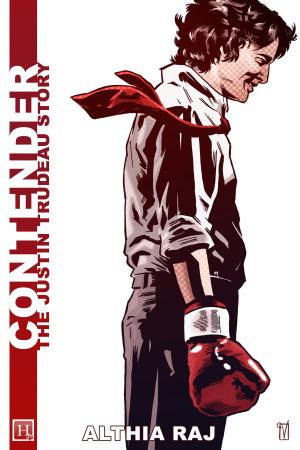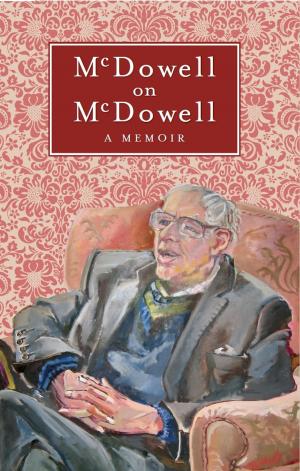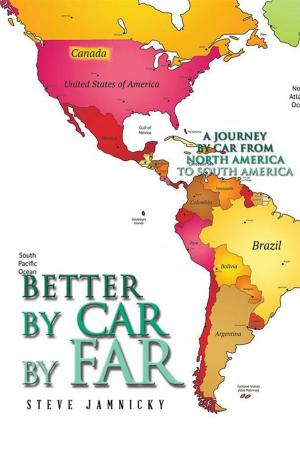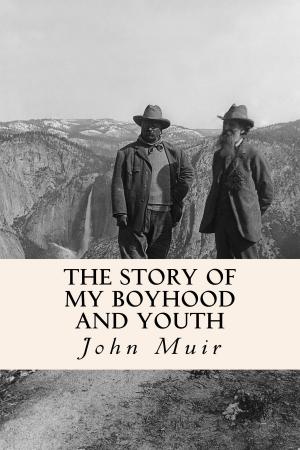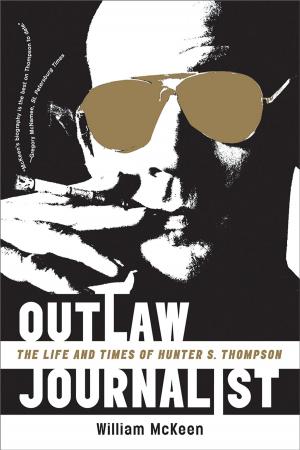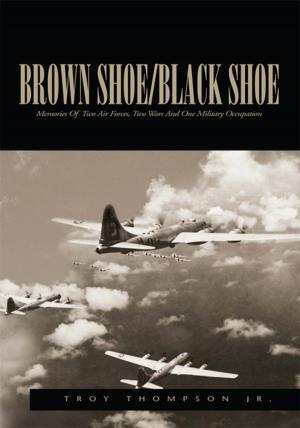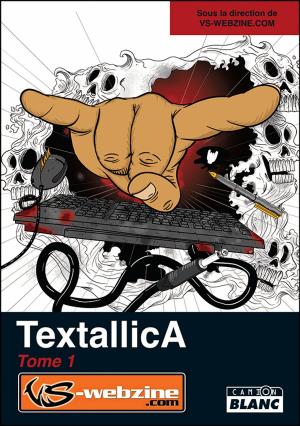Better Than Before: How Polio Transformed My Father
Nonfiction, Religion & Spirituality, Christianity, Christian Life, Biography & Memoir| Author: | Mary Beth Smith | ISBN: | 9781311975843 |
| Publisher: | Mary Beth Smith | Publication: | April 4, 2016 |
| Imprint: | Smashwords Edition | Language: | English |
| Author: | Mary Beth Smith |
| ISBN: | 9781311975843 |
| Publisher: | Mary Beth Smith |
| Publication: | April 4, 2016 |
| Imprint: | Smashwords Edition |
| Language: | English |
The pain of acute paralytic polio is horrific. It is the worst physical pain there is. As every nerve in the affected area dies it feels as if a dentist is drilling the nerve without novocaine. Nerve after nerve dies. Ghastly pain ensues. The pain can last for weeks. The patient must listen to the screams and moans of the suffering and dying at the same time he is undergoing his own pain.
Edwin Jones was struck down with polio at age thirty-five. He was able to somehow withstand the pain and become rehabilitated. One can only wonder how little children, in their sixties and seventies now, withstood it.
This story explains how a mature human being was able to survive polio while at the same time help the younger victims in his unit face the inevitable. They would never be able to walk again unassisted. He felt the relief that comes with knowing you will never feel that kind of pain again and the pride that comes with learning how to walk with crutches and braces. He also discovered his calling which was to work with the March of Dimes to raise money for patient care, physical therapy and grants to scientists working on a vaccine.
Once he realized he had attained his purpose in life, he grew further spiritually, finding peace in being quiet, in contemplation, in trusting his instincts. His children, while not quite knowing what to make of him, grew up to be honest and hard working like he was.
This story clearly shows how a person can direct the skills they have developed throughout their life towards one or more useful purposes.
Edwin's learned honesty, his trip to California, his flying, his learned organizational, salesmanship and political skills, his good looks and natural friendliness all contributed to his doing something useful in the fight against polio. Once he realized that his purpose in life was to fight that fight, that, in fact, he was the perfect person to do it, he felt extremely happy. Especially since that war was quickly being won.
The author's first memory of him was in November of 1951 when she was two years old. As he drove her to the hospital because of an auto accident, he already seemed extremely calm. He already seemed happy. He was working hard as a volunteer for the National Foundation for Infantile Paralysis. He probably already knew that scientists were getting close to finding a vaccine to prevent polio.
The pain of acute paralytic polio is horrific. It is the worst physical pain there is. As every nerve in the affected area dies it feels as if a dentist is drilling the nerve without novocaine. Nerve after nerve dies. Ghastly pain ensues. The pain can last for weeks. The patient must listen to the screams and moans of the suffering and dying at the same time he is undergoing his own pain.
Edwin Jones was struck down with polio at age thirty-five. He was able to somehow withstand the pain and become rehabilitated. One can only wonder how little children, in their sixties and seventies now, withstood it.
This story explains how a mature human being was able to survive polio while at the same time help the younger victims in his unit face the inevitable. They would never be able to walk again unassisted. He felt the relief that comes with knowing you will never feel that kind of pain again and the pride that comes with learning how to walk with crutches and braces. He also discovered his calling which was to work with the March of Dimes to raise money for patient care, physical therapy and grants to scientists working on a vaccine.
Once he realized he had attained his purpose in life, he grew further spiritually, finding peace in being quiet, in contemplation, in trusting his instincts. His children, while not quite knowing what to make of him, grew up to be honest and hard working like he was.
This story clearly shows how a person can direct the skills they have developed throughout their life towards one or more useful purposes.
Edwin's learned honesty, his trip to California, his flying, his learned organizational, salesmanship and political skills, his good looks and natural friendliness all contributed to his doing something useful in the fight against polio. Once he realized that his purpose in life was to fight that fight, that, in fact, he was the perfect person to do it, he felt extremely happy. Especially since that war was quickly being won.
The author's first memory of him was in November of 1951 when she was two years old. As he drove her to the hospital because of an auto accident, he already seemed extremely calm. He already seemed happy. He was working hard as a volunteer for the National Foundation for Infantile Paralysis. He probably already knew that scientists were getting close to finding a vaccine to prevent polio.



